UAE economy grew 3.6% in the first half of 2024
Tourism and trade are among sectors driving expansion in the country’s GDP
The UAE’s economy grew by 3.6% annually in the first half of this year, driven by the non-oil sector as the country continues its economic diversification strategy.
The country’s real gross domestic product (GDP) at constant prices rose to Dh879.6 billion ($239.5 billion) for the six-month period, while non-oil GDP increased by 4.4% annually to reach Dh660 billion, contributing 75% to the total, the Ministry of Economy said.
The strong performance of the non-oil sector was attributed to efforts in boosting entrepreneurship, trade and investment activities, development projects launched at the beginning of the year, as well as tourism activities, Minister of Economy Abdulla bin Touq said.
The UAE, the Arab world’s second-largest economy, has been focusing heavily on diversifying its economy away from oil by developing sectors such as technology, manufacturing, tourism, trade and innovation. The country has introduced several reforms including longer-stay residence visas as well as new visa categories to attract more talent.
The country aims to raise its GDP to Dh3 trillion by the next decade as part of its 2031 vision.
More From “Economics”

S&P: Banking sector in Kuwait, Qatar and UAE is to stay stable
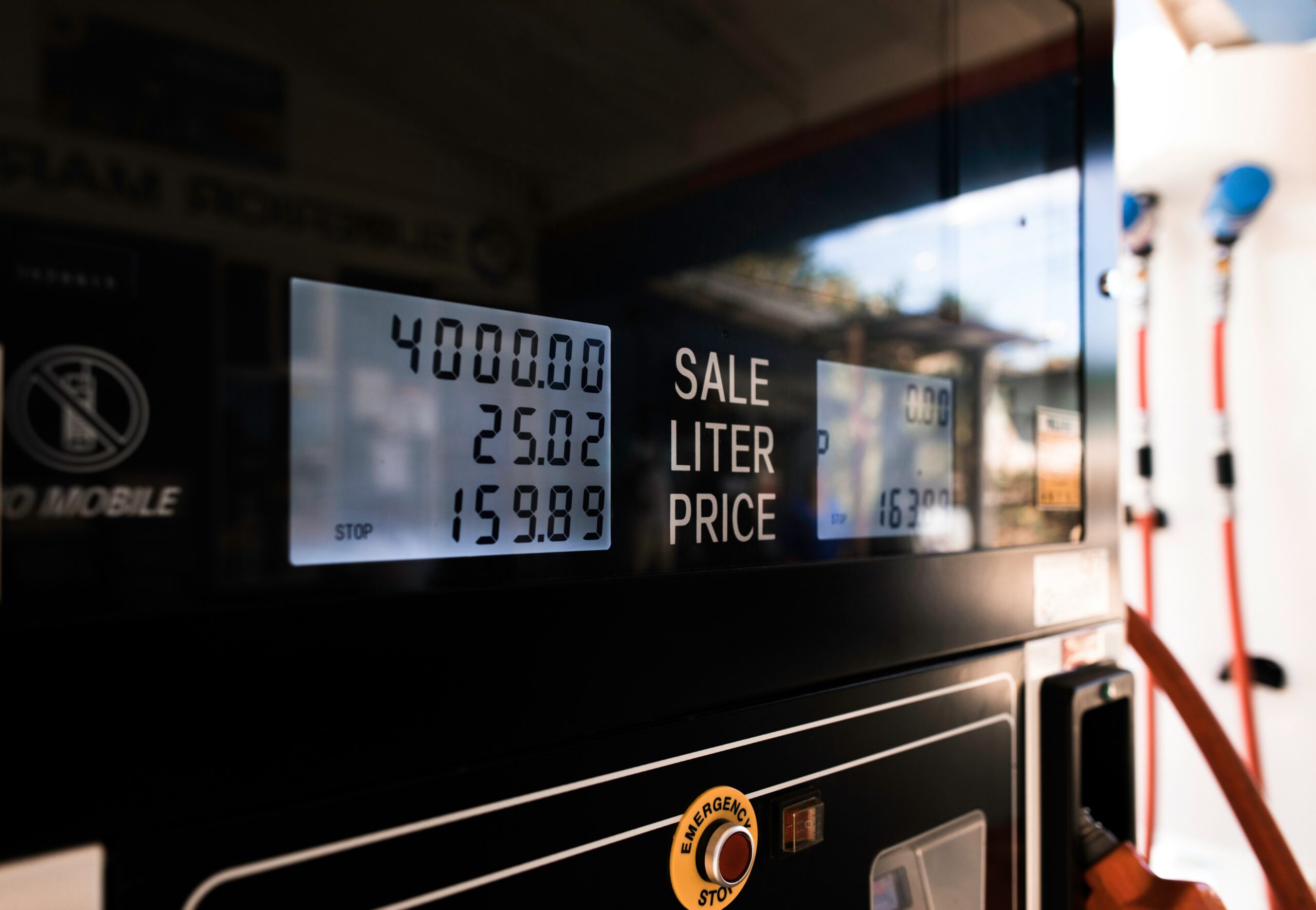
EU’s green ambitions are threatened by Qatar’s warns of LNG halt

UAE’s non-oil sector business activity hits 9-month high
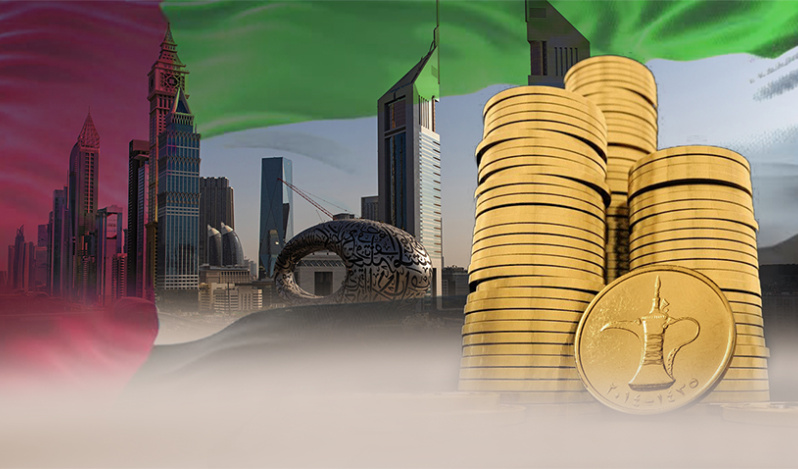
UAE economy grew 3.6% in the first half of 2024
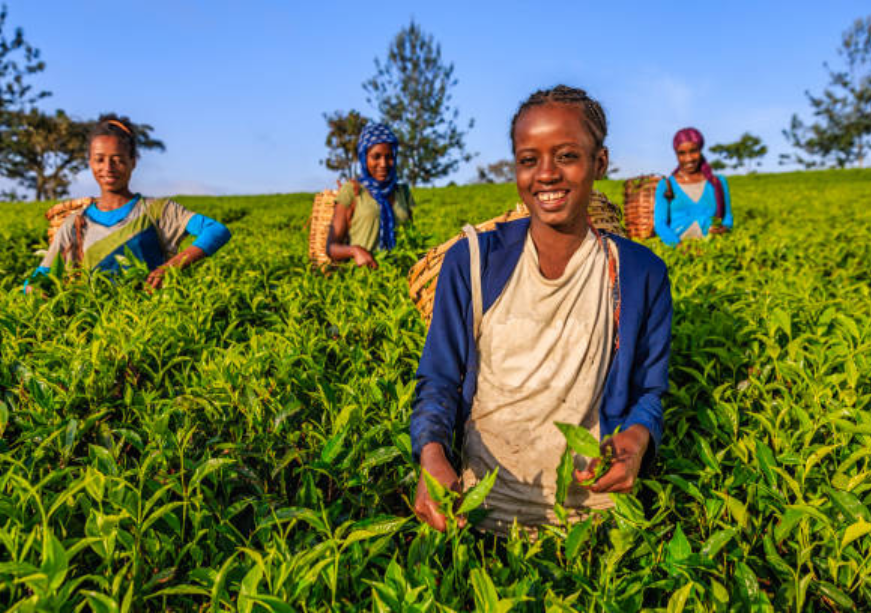
UAE becomes Africa’s biggest investor

Qatar threatens to stop EU gas sales

Saudi, UAE VC funding drops on investor shift

Reuters: Qatar plans to help boost Syrian government salaries

Egypt’s economy struggles with rising refugee crisis

Egypt secures 1.27mln tons of wheat supply for 2025
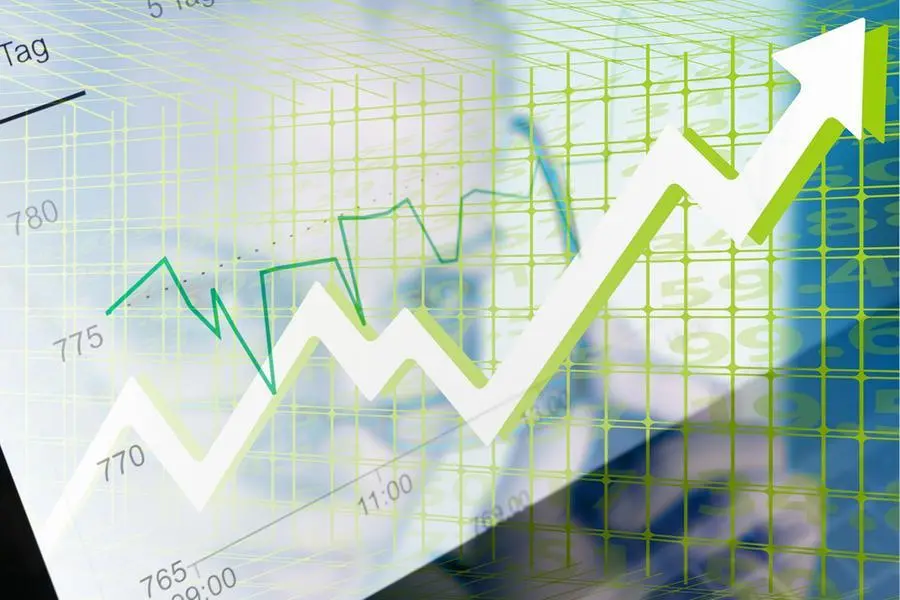
Why GCC is a magnet for international capital?
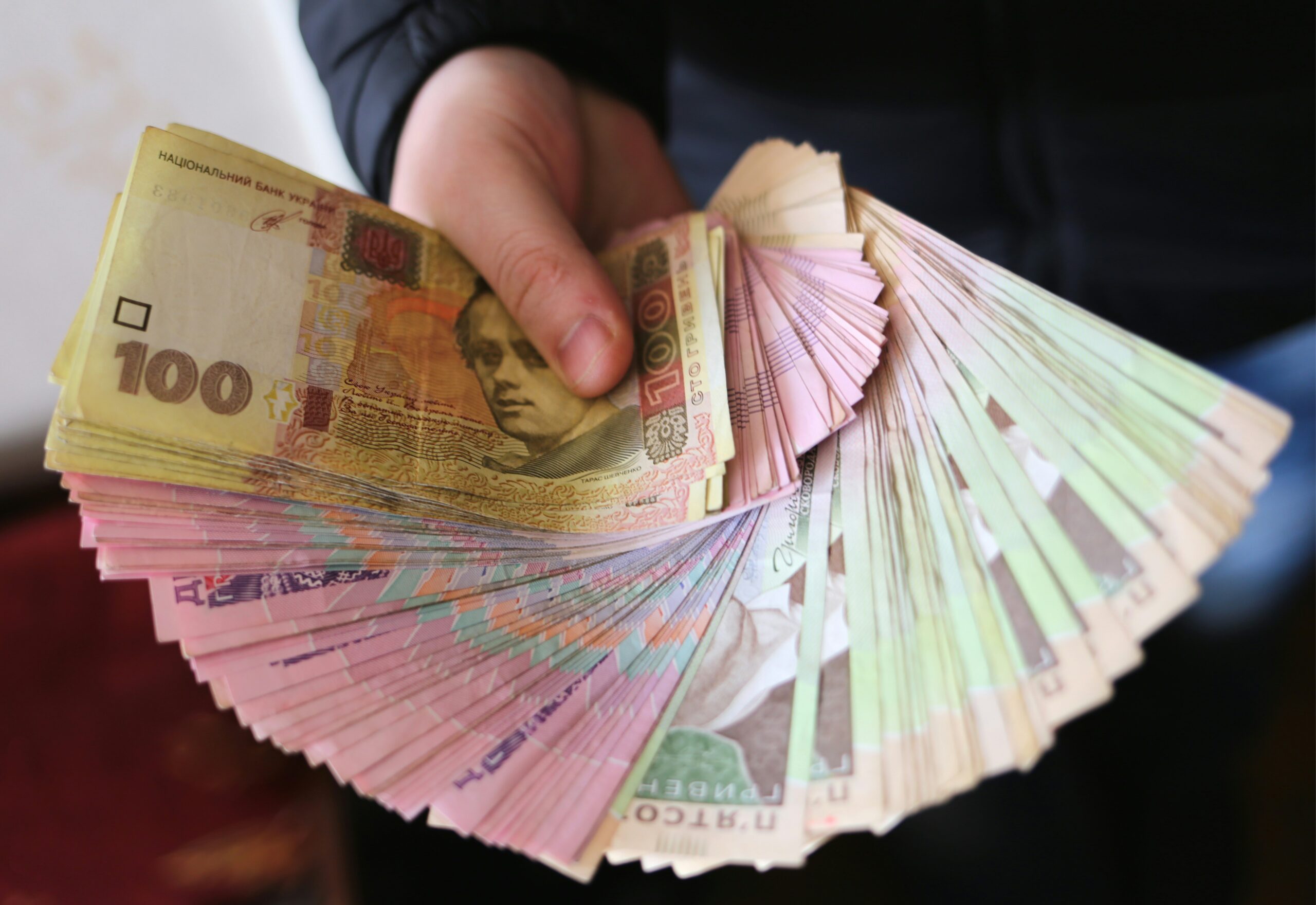
Fitch: GCC debt capital market hits $1 trillion



